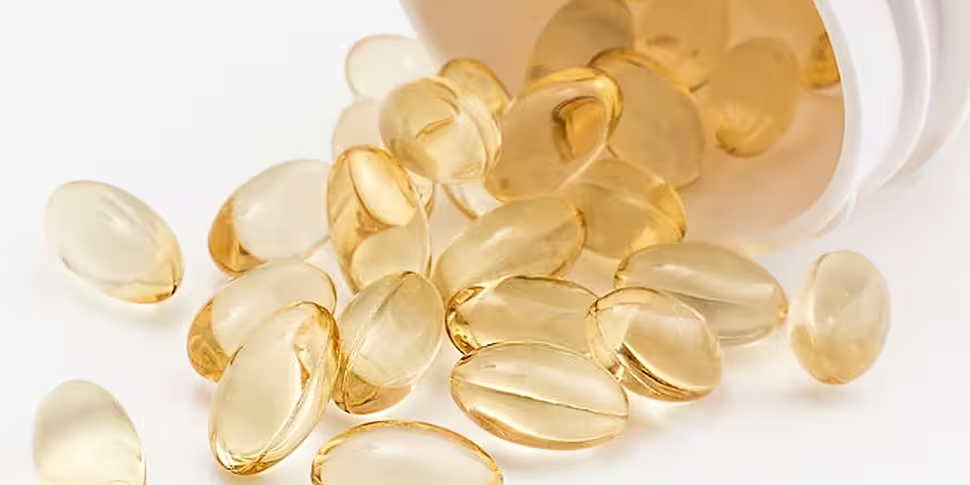
''In one study vitamin D reduced the risk of chest infections to half in people who took supplements.''
Vitamin D can help to fight off the coronavirus, according to a new study from Dublin's Trinity College.
Researchers from The Irish Longitudinal Study on Ageing (TILDA) say vitamin D plays a crucial role in preventing respiratory infections, such as Covid-19.
The vitamin is produced in the skin by exposing the body to 10 or 15 minutes of sun a day - which can often pose a problem in Ireland.
But there are other ways to adsorb vitamin D the researchers say: "The good news is that deficiency can be remedied by adequate intake of foods and by supplementation.''
"Vitamin D is readily found in foods like eggs, liver and oily fish - such as salmon or mackerel - as well as fortified foods such as cereals and dairy products."
Some of TILDA’s key findings were:
- 47% of all adults over 85 are deficient in winter
- 27% of adults over 70 who are ‘cocooning’ are estimated to be deficient
- One in eight adults over 50 are deficient all year round
- Only 4% of men and 15% of women take a vitamin D supplement
It added: "People who get little sun exposure or eat inadequate amounts of fortified foods are most at risk, especially those who are currently house-bound or confined to their homes.
"Other people who fall into the high-risk category are those who are obese or physically inactive, and those that have asthma or chronic lung disease."
''We have evidence to support a role for vitamin D in the prevention of chest infections.''
Principal investigator with TILDA, Professor Rose Anne Kenny said:
‘"We have evidence to support a role for vitamin D in the prevention of chest infections, particularly in older adults who have low levels.
"In one study vitamin D reduced the risk of chest infections to half in people who took supplements.
"Though we do not know specifically of the role of vitamin D in COVID infections, given its wider implications for improving immune responses and clear evidence for bone and muscle health, those cocooning and other at-risk cohorts should ensure they have an adequate intake of vitamin D.
"Cocooning is a necessity but will reduce physical activity.
"Muscle de-conditioning occurs rapidly in these circumstances and vitamin D will help to maintain muscle health and strength in the current crisis."













